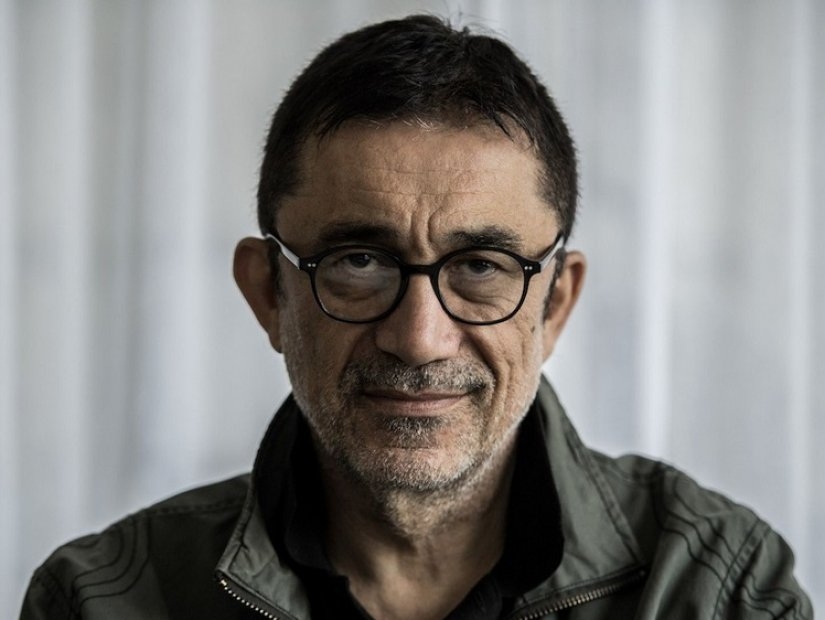Blog
A Cannes Winner Turkish Director: Nuri Bilge Ceylan
A Cannes Winner Turkish Director: Nuri Bilge Ceylan
A Cannes Winner Turkish Director: Nuri Bilge Ceylan
Nuri Bilge Ceylan was born on January 26th, 1959, in Istanbul. He enrolled at Istanbul Technical University to study chemical engineering in 1976. He changed his major to Electrical Engineering at Boğaziçi University in 1978. There, he acquired a great interest in photography and joined the university's photography club. Through the extensive resources of the faculty libraries, he was able to feed his passion for visual arts and classical music. He also began taking film lessons and attending screenings at the Film Society, reinforcing his love of cinema, which he had discovered years before in the dimly lit halls of the Istanbul Cinematheque.
He traveled to London and Kathmandu after graduating in 1985, giving him the time to think about his future. He returned to Turkey for his 18-month military duty and decided to devote his life to filmmaking at that time. Following that, he studied cinema at Mimar Sinan University and worked as a professional photographer to support himself. After two years, he chose to stop studying and focus on his profession. He began his acting career in a short film directed by his buddy Mehmet Eryılmaz while also assisting with the technical aspects of the production.
He began filming his first short film, Koza (Cocoon), in late 1993. In May 1995, the film premiered at Cannes, when it became the first Turkish short film to be selected for competition. Kasaba (1997, The Small Town), Mayıs Sıkıntısı (1999, Clouds of May), and Uzak (2002, Distant) are the three full-length feature films that followed. Ceylan handled almost every technical aspect of these films personally, including cinematography, sound design, production, editing, screenplay, and direction. Ceylan became an internationally renowned filmmaker after Uzak won the Grand Prix and Best Actor at Cannes in 2003. Uzak continued its festival tours after Cannes, winning a total of 47 accolades, including 23 foreign honors, making it the most awarded film in Turkish cinema history.
His subsequent films were all FIPRESCI Prize winners at Cannes: İklimler (Climates) in 2006, Üç Maymun (Three Monkeys) in 2008, and Bir Zamanlar Anadolu'da (Once Upon a Time in Anatolia) in 2011. His eighth feature film, Kış Uykusu (Winter Sleep), received both the Palme d'Or and the FIPRESCI prize in 2014.
Ceylan's films are mostly focused on individual alienation, nihilism, the monotony of human lives, and the minutiae of daily living. He employs static shots and long takes in natural locations, as well as sound manipulation, particularly the use of ominous silences. He is noted for filming his protagonist from behind, which he believes allows viewers to guess the characters' gloomy feelings because their faces are concealed. Ceylan's earliest films were shot on a shoestring budget with mostly amateur performers, the majority of whom were members of his family and neighbors.


